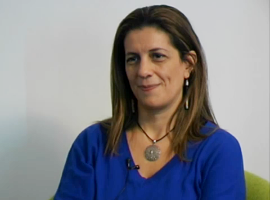InfoQ Homepage GOTO Conference Content on InfoQ
-
Jon McKay on Building Tessel Boards and What We Can Expect From Tessel Soon
The Internet of Things is right around the corner and it's very much about connected devices, sensors and gathering and leveraging data. The Tessel Board is programmable in JavaScript and makes it extremely easy to try out programming connected devices, send sensor data to the cloud or even control your elevator with a text message. And there's more to expect in the future, Jon tells us.

-
Jacob Fahrenkrug on Building a Secure Platform for the Smart Home
The Internet of Things is just around the corner and it will massively impact our lives. Most of the devices in our homes will become connected and collect data or react to certain events. Currently it is still uncertain, how personal data can be protected and leveraged for crowd sourcing and swarm intelligence at the same time. Jacob is sharing the ideas that his company Yetu has to clarify this

-
Eberhard Wolff on the Death of Java Application Servers
Eberhard Wolff explains his assertion that "Java application servers are dead". He describes application server deployment and monitoring model complexities and WAR and EAR deployment format deficits. In turn he promotes simpler and more standard compliant alternatives based on language agnostic tool stacks, while also acknowledging valid non-technical reasons that can prevent their adoption.

-
Jez Humble on Continuous Delivery and Lean Enterprise
In the last ten years we have seen the emergence of things like lean startup, continuous delivery, DevOps, and all these movements around how to not only build things correctly, but also around making sure to build the correct thing. Now it's time to help leaders in large enterprises to understand how to move faster and adapt to changing circumstances.
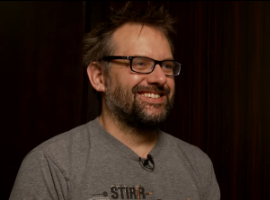
-
Todd Montgomery on Protocol Design, Security, Formal Verification Tools
Todd Montgomery explains protocol design, the advantages of binary over text protocols, formal verification tools and methods, and much more.

-
Andrew Sorensen on Real Time Programming, Live Coding Music, Memory Management
Andrew Sorensen explains live music coding with Extempore, the challenges of real time programming, garbage collection, static analysis to determine real time code meets its deadlines, hotswapping code, and much more.
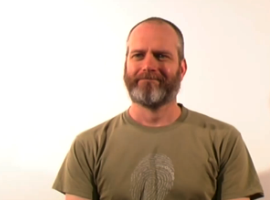
-
Todd Montgomery on the Reality of IoT, Protocols, Nuklei
Todd Montgomery talks about the Internet of Things: what it is and is not, looking at languages and protocols that will be useful, concurrency, manual memory management vs GC, and much more. Also: Kaazing's Nuklei project.
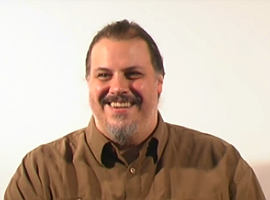
-
José Valim on the Elixir Language, Concurrency, Iteration
José Valim explains the ideas behind Elixir, a new programming language for the Erlang VM. Also: concurrency, handling iteration with Iteratees and other approaches, and much more.

-
David Nolen on Transit, ClojureScript, Transducers, React and Om
David Nolen explains the power of the Transit format (efficiently serializing values to JSON and MessagePack), Transducers, the power of Facebook's React when bundled with immutable data structures.
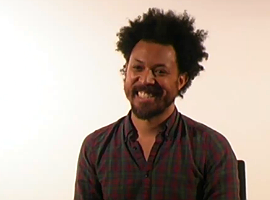
-
Marc Prud'hommeaux on the Swift Language
Marc Prud'hommeaux talks about his experience using Apple's Swift language, both to write new code and port an existing Objective-C code base. Also: immutable data structures, concurrency, and more.

-
Dean Wampler on Scalding, NoSQL, Scala, Functional Programming and Big Data
Dean Wampler explains Scalding and the other Hadoop support libraries, the return of SQL, how (big) data is the killer application for functional programming, Java 8 vs Scala, and much more.
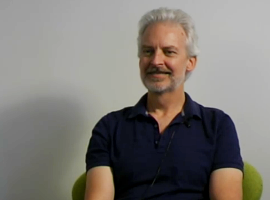
-
Crista Lopes on Constraints and Styles of Programming
Crista Lopes discusses the idea of using constraints to define styles of programming and architecture. Also: large scale static analysis of open source code, Open Simulator and VR, and much more.
